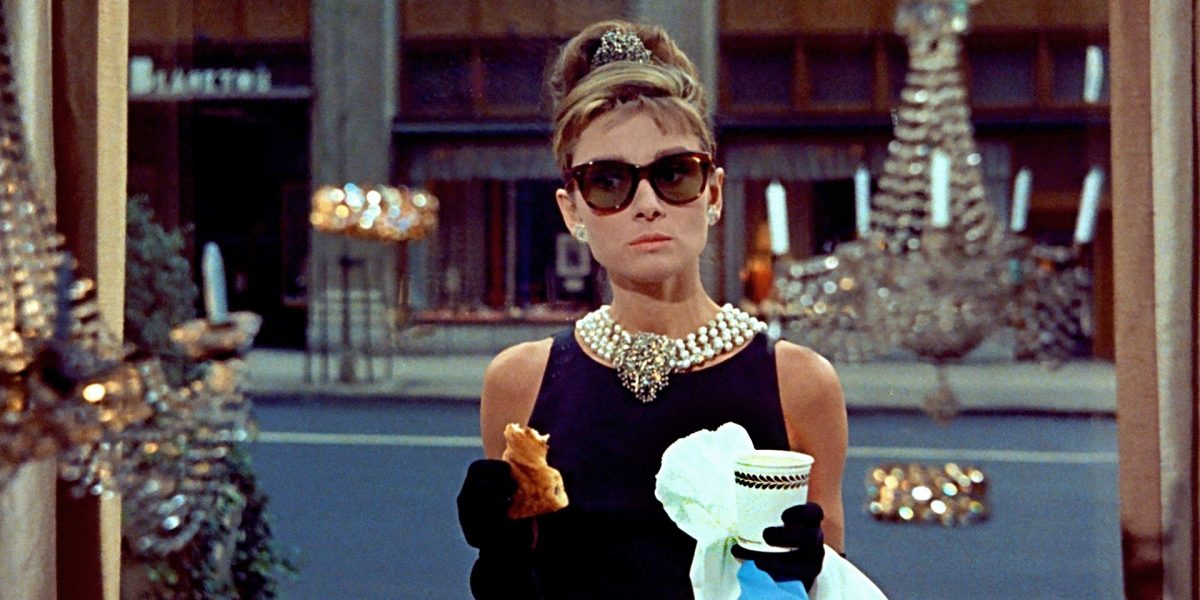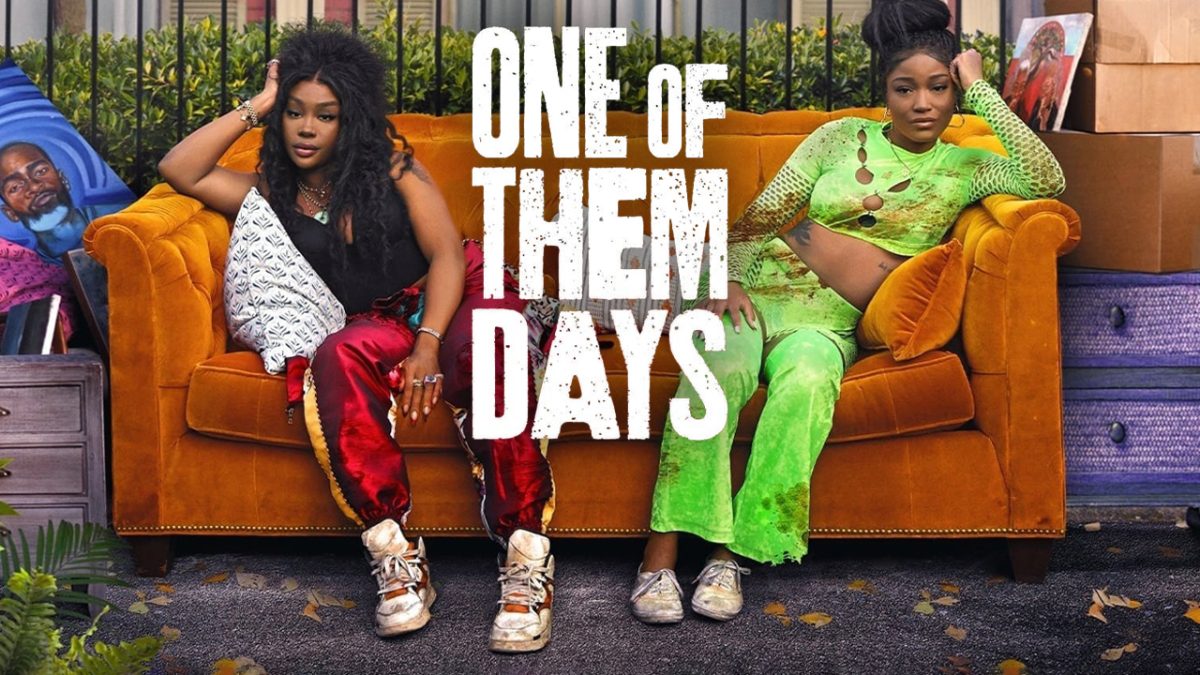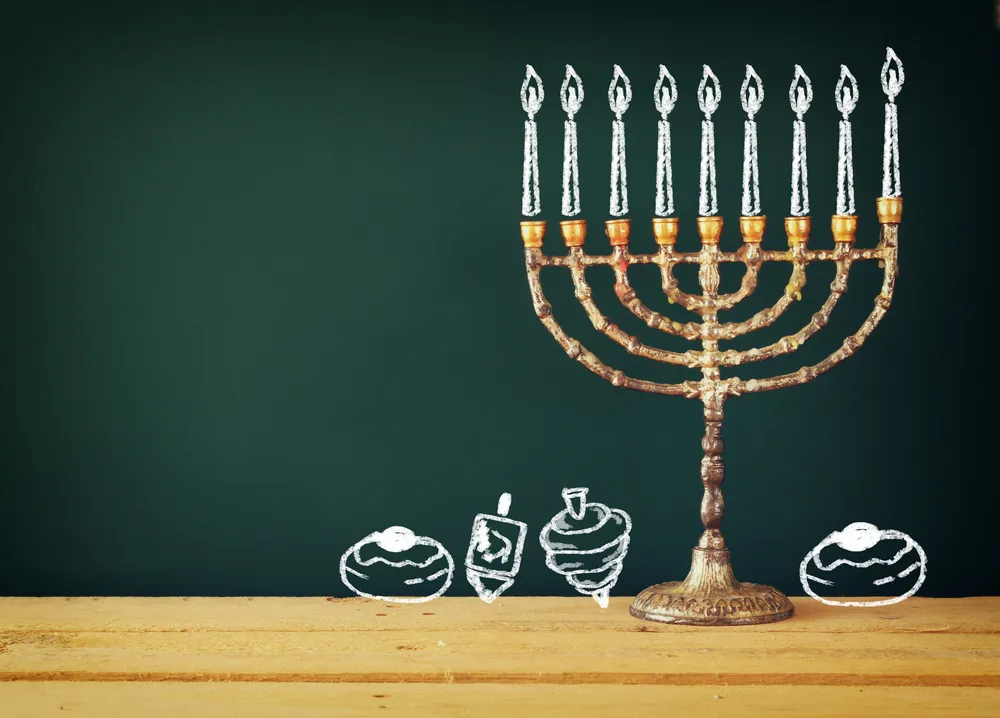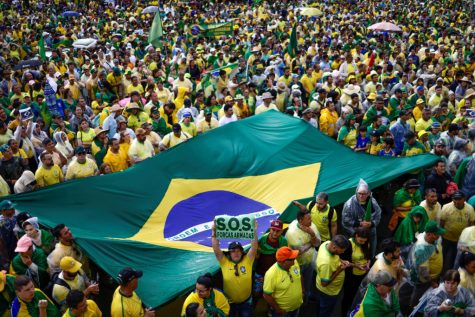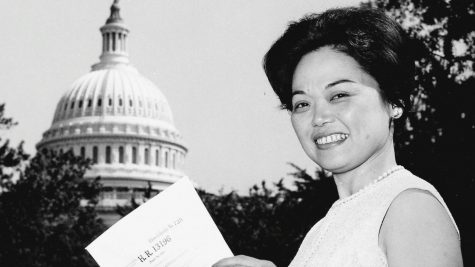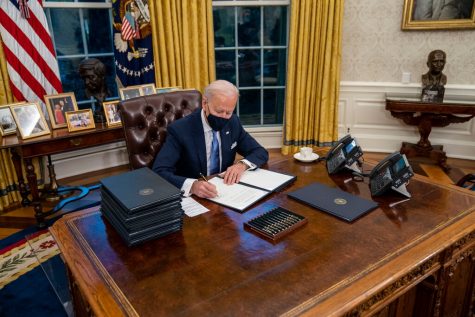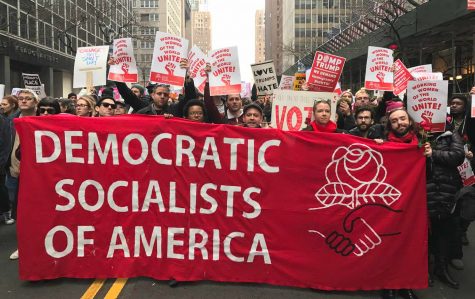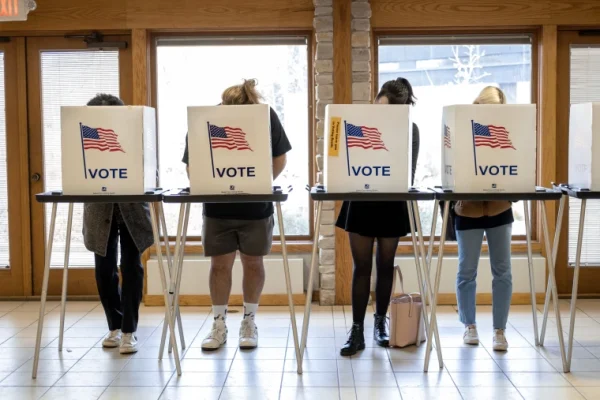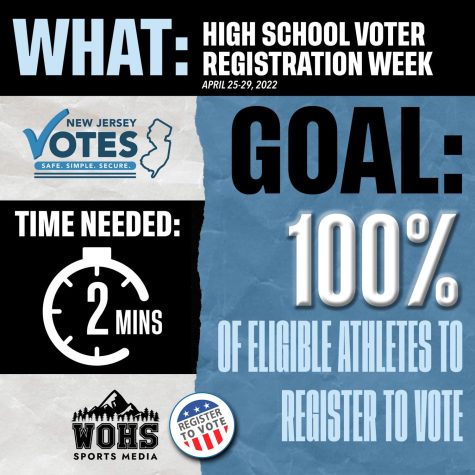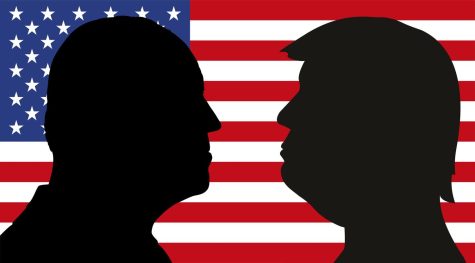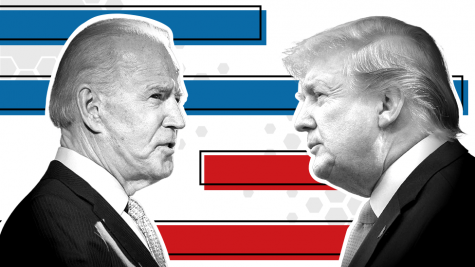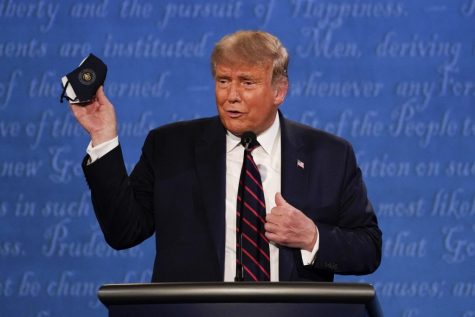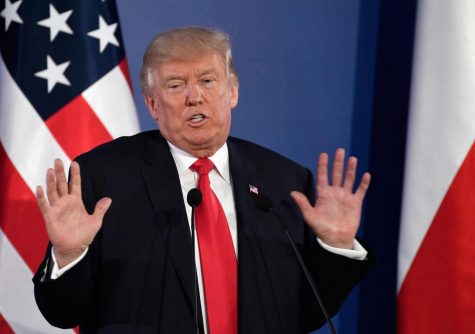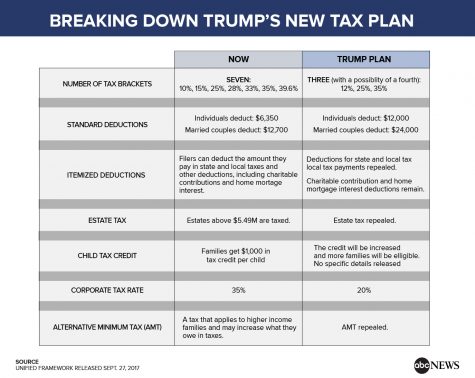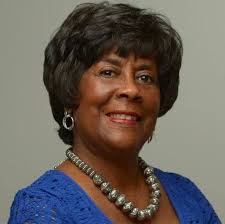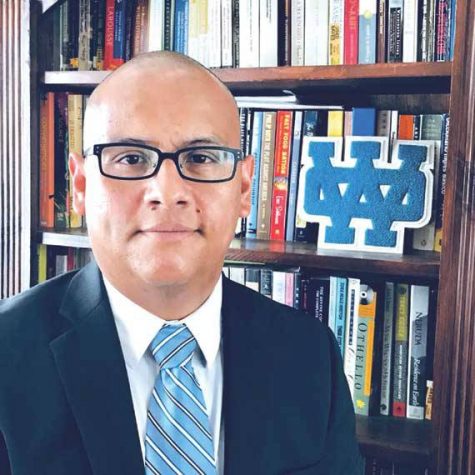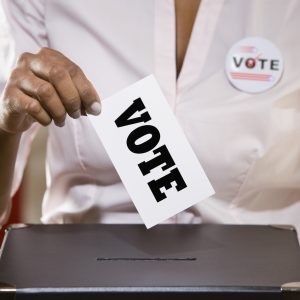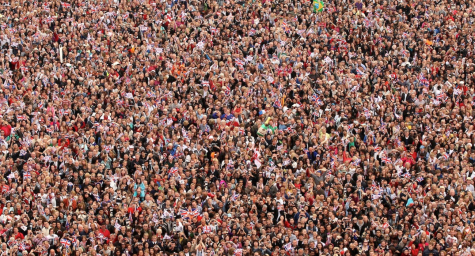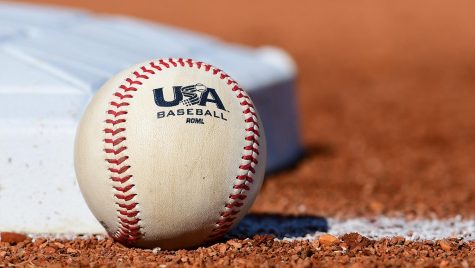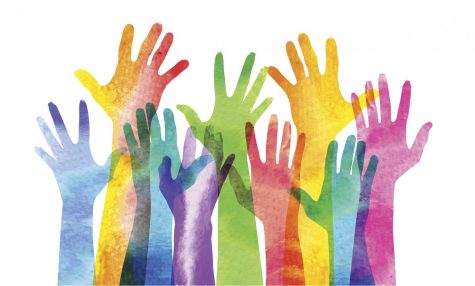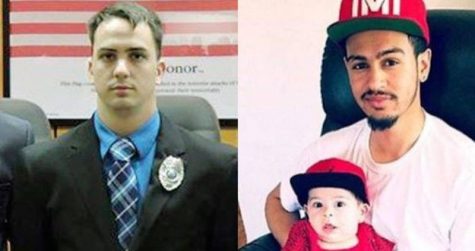Our Civic Duty
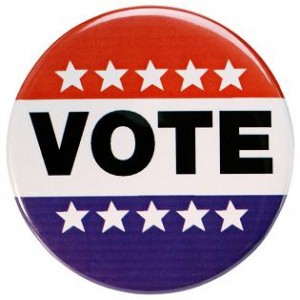
WEST ORANGE, Nj — Recently New Jersey and Virginia had their gubernatorial elections. Democrats won both states, and though it was not surprising for New Jersey’s election of Phil Murphy, Ralph Northam’s election in the swing state of Virginia was an obvious retaliation to Trump’s 2016 election.
Americans are notorious for forgoing their vote by staying home during local and state elections, claiming they’re ”too busy” and even if they aren’t they’re just too lazy to cast a ballot. But the truth is, americans think if they vote for president, their civic duty is done for the next 4 years. But those are the same people who complain that their “voice doesn’t matter” when the policy they elected their candidate for falls through. In reality, few things the president and the rest of the federal government does actually affects the average american’s every-day life.
It’s ironic because the offices that affect us the most are the offices people don’t come out to vote for: the local and state offices. State governments regulate transportation and public schooling, taxes, welfare, and the judiciary system for example. The federal government really only holds as much power as the constitution allows whereas the states hold something called “enumerated powers.” This means any power not explicitly given to the federal government is left to the states and the people.
Local governments were actually the prime example of a democracy. They have an almost if not a direct connection with the people, and they act on the citizen’s behalf to convey their issues with the federal government. State governments were intended to hold similar to that of the town hall style democracy of ancient greece, whereas the federal government is put in place purely for regulation and protection. It is time people realize their civic duty reaches beyond a presidential election.













































